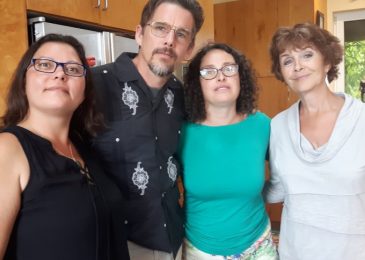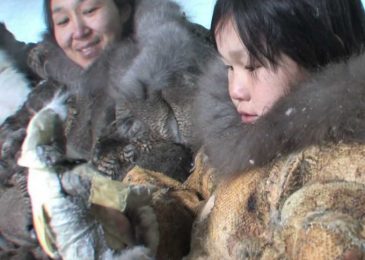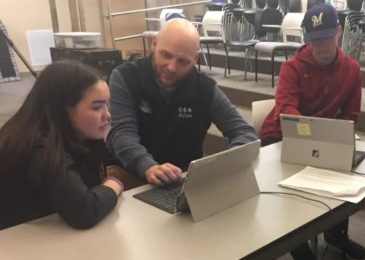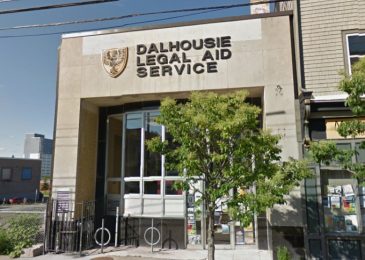Media release: Ethan Hawke lending his voice to film, new campaign to protect whales and Gulf of St. Lawrence
Halifax, NS – Starchild Production’s new film The Vanishing Call of the Right Whale featuring Ethan Hawke and Dr. Linda Weilgart will premiere on May 14th in Halifax, NS. The film will kick off a new campaign to protect endangered whales in Canadian waters from the impacts of seismic blasting.










